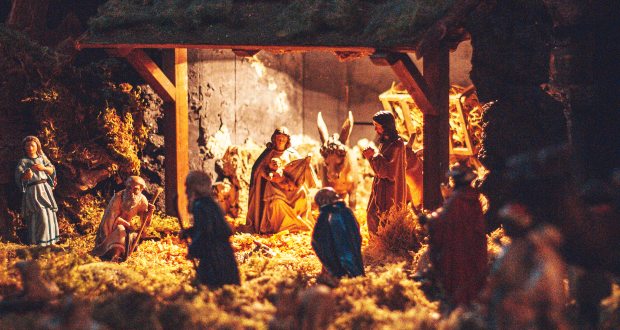The Cross: an “access card” or the “outcome” of a faithful life?

[simpleazon-image align=”left” asin=”0891073825″ locale=”us” height=”375″ src=”http://ecx.images-amazon.com/images/I/41jBIK1kRiL.jpg” width=”249″]I was telling the congregation at our community in Tacarigua recently, that for generations, the Catholic Church as an institution has provided for many of our young people a ‘pathway to life.’ It is a pathway that begins with their baptism, continues with their Christian formation and education and provides them eventually with an “access badge” to the corridors of power and success. The pathway may begin with baptism into a powerful and influential faith and then continues with the young child’s enrollment in one of our private Catholic primary (elementary) schools such as St Xavier’s or St Monica’s or Maria Regina then around age 11 continues in one of our (prestige) secondary schools such as St Joseph’s Convent or Holy Name Convent or Fatima College or even St Mary’s college. From there, by way of the SAT’s they often enter some American college or university, to qualify for a lucrative profession and become part of an effective ‘old boys’ or ‘old girls’ network.
The Cross, the symbol of Christianity, does not always function as an access badge however. In his incisive text “The Cross and the Lynching Tree”, black American Theologian James H. Cone draws a parallel between the cross, the symbol of Roman oppression and the lynching tree, American symbol of black oppression on which so many men, women and children have been crucified over the years. Here the cross is not an access badge, but an “outcome”, it is the negative result of a life dedicated to standing up for the teaching of Jesus, for standing up for the dignity and freedom of all human beings, especially people of colour. Fred Shuttlesworth, one of the civil rights movement’s most courageous freedom fighters once said “you have to be prepared to die before you can begin to live.”
Today, Jesus’ invitation to his disciples to ‘renounce themselves’ and take up their cross everyday’ is a summons to embrace a life firmly dedicated to God and God’s values, a life which will stir up hatred and opposition from other people. It means being willing to stand up and speak the truth, even if it means we lose friends, or money, or promotions. It means standing up even if it endangers our career or makes us the butt of ridicule, which in Trinidadian society can be a fate worse than death. It means following Jesus even when it is inconvenient, unpopular, or even dangerous.
Ultimately then, the cross is not about getting ahead in life, but about what happens when we try to ‘get ahead’ in the eyes of God.






